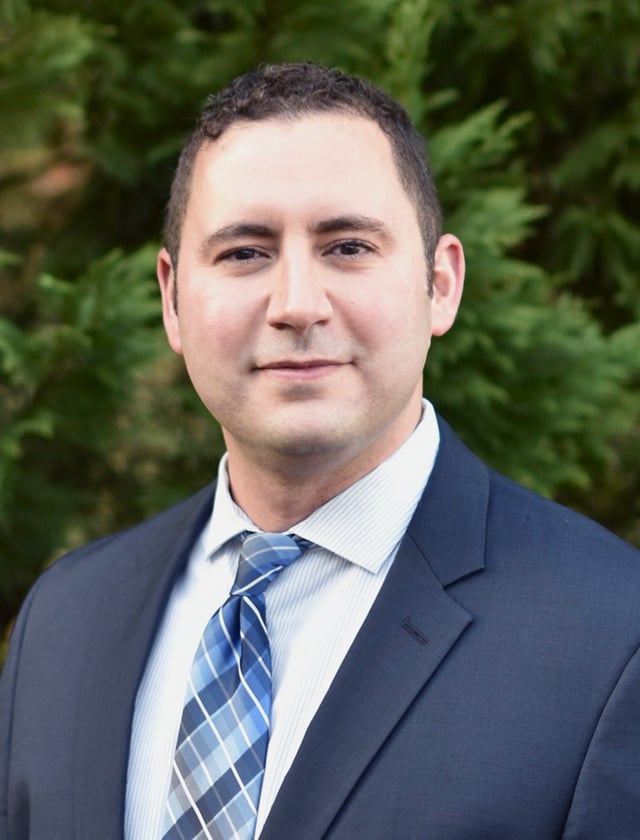Choosing the right breast cancer surgery requires understanding your options and how they fit with your needs and health. At The Breast Center of New Jersey, we're here to guide you through these choices and support you throughout the process.

Choosing Your Surgery
If you have been diagnosed with breast cancer or DCIS (ductal carcinoma in situ), your doctor may recommend surgery as part of your treatment plan. Each option has its own potential benefits, risks, and recovery process to consider. It is important to take the time to thoroughly discuss your specific situation and priorities with your care team. They can explain which procedures may be most appropriate for the type, size, and location of your cancer, as well as your overall health status and risk factors.
Making a decision about breast cancer surgery is very personal. Be sure to ask questions, weigh the pros and cons of each approach for your individual case, and decide on the option that feels right for you and your lifestyle. Your care team is there to discuss all possibilities and help guide you through the different types of breast surgery.
Lumpectomy/Partial Mastectomy
This surgery removes the cancerous lump/tumor along with a margin of surrounding healthy breast tissue. The goal is to remove all the cancerous tissue while conserving as much of the breast as possible. Lumpectomies are usually followed by radiation therapy, depending on cancer type.
Total/Simple Mastectomy
With this type of mastectomy, the entire breast is surgically removed, including the nipple. This may be recommended if the cancer is widespread, for prevention in high-risk patients, or based on patient preference. Lymph nodes may or may not be removed at the time of surgery.
Sentinel Lymph Node Biopsy
This procedure involves injecting a radioactive tracer or dye to identify the first few lymph nodes that filter drainage from the breast tumor. These sentinel nodes are then removed and biopsied to check for cancer spread. It is less invasive than a full axillary (underarm) lymph node dissection.
Nipple-Sparing Mastectomy
In this type of mastectomy, the breast tissue is removed, but there is preservation of the skin, nipple, and areola. It provides better cosmetic results compared to a full mastectomy. Small incisions are made to remove the tissue through minimal openings.
Bilateral Mastectomy
Both breasts are surgically removed during this procedure. It may be an option for some women with cancer in one breast who are at high risk for developing cancer in the other breast.
Preparing for Your Breast Surgery
In the days leading up to your breast surgery, there are some important steps to take to prepare physically and mentally. With some thoughtful preparation, you can head into your breast surgery feeling centered, empowered, and ready to begin restoring your health.
Prior to your surgery, be sure to follow all pre-operative instructions from your surgeon, such as guidelines on eating, drinking, medications, etc. If you smoke, try to quit or at least cut down significantly, as smoking can impair healing. Stock up on post-surgery supplies like ice packs, button-down shirts, stool softeners, and anything else recommended for your recovery. Prepare easy-to-reheat meals, arrange for someone to drive you home after the procedure and stay with you for the first couple of days if possible.
It is normal to feel anxious about an upcoming surgery, but try to get plenty of rest leading up to surgery. Talk to loved ones about any fears and have them voice their support. Spend time pursuing relaxing activities and surrounding yourself with comforting environments. Remind yourself that your medical team has undergone extensive training for this procedure and will take excellent care of you. Stay hopeful about your upcoming recovery.
Contact Us Today
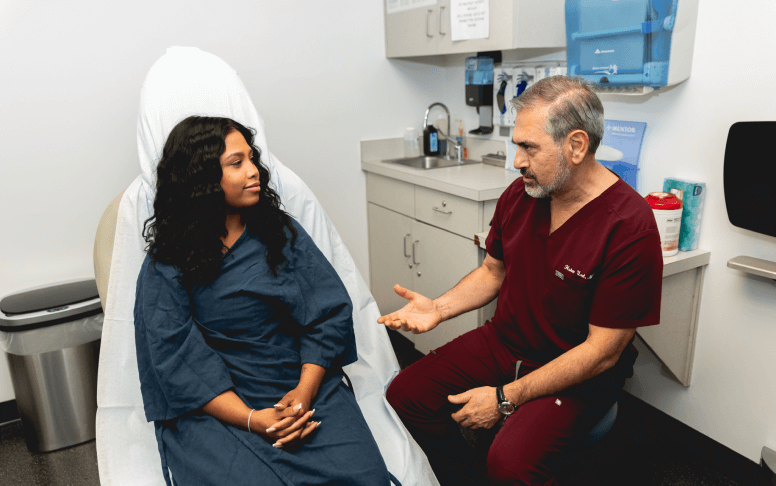
Recovery
The first few weeks after breast surgery are usually the most difficult as you heal from the operation itself. You will likely experience some pain, swelling, bruising, and limited arm mobility, which can make daily activities challenging. Your surgeon will prescribe pain medication to help manage discomfort. You will need to get plenty of rest and avoid strenuous activities like lifting. Follow all instructions about caring for the surgical site and watch for signs of infection. Many women feel tired and drained of energy for several weeks.
As you continue recovering over the next couple of months, the pain and swelling will gradually subside. Your energy levels and mobility should slowly improve until you regain normal function and range of motion. If you had a mastectomy, you would discuss options for breast reconstruction surgery. With support groups and counseling, you can adjust to body image changes. With time, patience, and self-care, the surgical recovery process will get easier, feeling like yourself again.

After undergoing breast cancer surgery, follow-up care is crucial for monitoring your recovery, managing any side effects, and ensuring the best possible outcomes. At the Breast Center of New Jersey, patients can expect a comprehensive and well-coordinated follow-up experience.
Follow-up typically involves regular check-ups so your care team can closely monitor your healing and recovery progress. This may include physical examinations, imaging tests like mammograms or MRIs, blood work, and more. Your doctors will monitor for any post-surgical issues and manage any side effects like pain, lymphedema, or shoulder immobility.
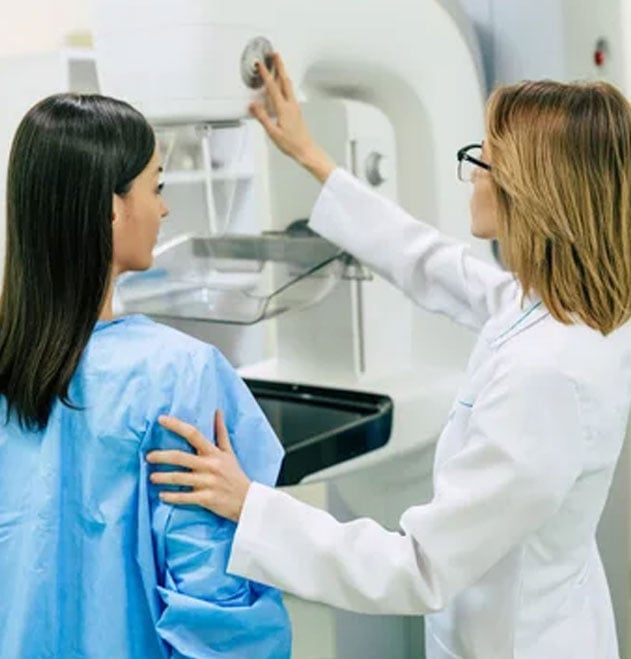
If you require additional treatments like chemotherapy, radiation, or breast reconstruction, the entire process will be coordinated through your unified care team. They can suggest guidance for maintaining your overall health through diet, exercise, and healthy lifestyle practices. In the long term, you will return for periodic visits to screen for any recurrence.
The follow-up journey is just as important as the initial treatment phase. Your dedicated breast navigator will help guide you through any follow-up tests and treatments. Your navigator will be your go-to point person, ensuring you understand all aspects of your follow-up care plan. They can assist with scheduling, connect you with supportive resources, and help overcome any barriers to accessing care. At The Breast Center of New Jersey, we will help you feel confident after breast cancer surgery.
Frequently Asked Questions
How long does breast surgery typically take?
Will I be in a lot of pain after surgery?
You can expect some level of pain and discomfort, which is normal. Pain medication will be prescribed to help manage this during recovery.
How long before I can shower or bathe?
Most surgeons advise waiting 24-48 hours after surgery before showering to keep the surgical area dry. Baths are not recommended until incisions fully heal.
When can I return to normal activities?
Recovery time can vary, but typically take 1-2 weeks off before returning to desk jobs and 4-6 weeks for more physical jobs. Avoid strenuous exercise for several weeks.
Will I need a drain after surgery?
Surgical drains are commonly used after mastectomies to prevent fluid build-up. Once healing progresses, they are usually removed within 1-2 weeks.
What kind of scar can I expect?
Breast surgery scars may appear red or raised initially but will fade over time. Lumpectomy scars are usually quite small, mastectomy scars curve across part of the chest wall.
Can I continue breastfeeding after a lumpectomy?
It may be possible to breastfeed after a lumpectomy on the non-affected breast. Be sure to discuss these options with your surgeon.
What are the possible complications of breast surgery?
Potential risks include infection, excessive bleeding, fluid accumulation, delayed healing, loss of sensation in the breast/chest area, lymphedema, and post-mastectomy pain syndrome.
How soon after surgery can I start radiation or chemotherapy?
This timing often depends on the individual situation, but radiation usually starts around 4-6 weeks after lumpectomy. Chemo may begin 2-6 weeks after surgery.
Will breast surgery affect my risk for lymphedema?
Surgery involving lymph node removal can disrupt lymph drainage pathways, increasing the risk of lymphedema. The Breast Center of New Jersey has a specialized center for preventing and treating lymphedema and other post-surgery complications.
Our Doctors
The surgeons at The Breast Center of New Jersey, a division of The Institute, are leaders in advanced breast surgeries. Our center offers the most specialized breast cancer program in the region, with a network of nationally recognized experts in cancer prevention, screening, treatment, and recovery. Our comprehensive team of specialists are experts in breast surgical oncology, plastic surgery, breast pathology and radiology, so you can access coordinated, evidence-based treatment all under one roof.
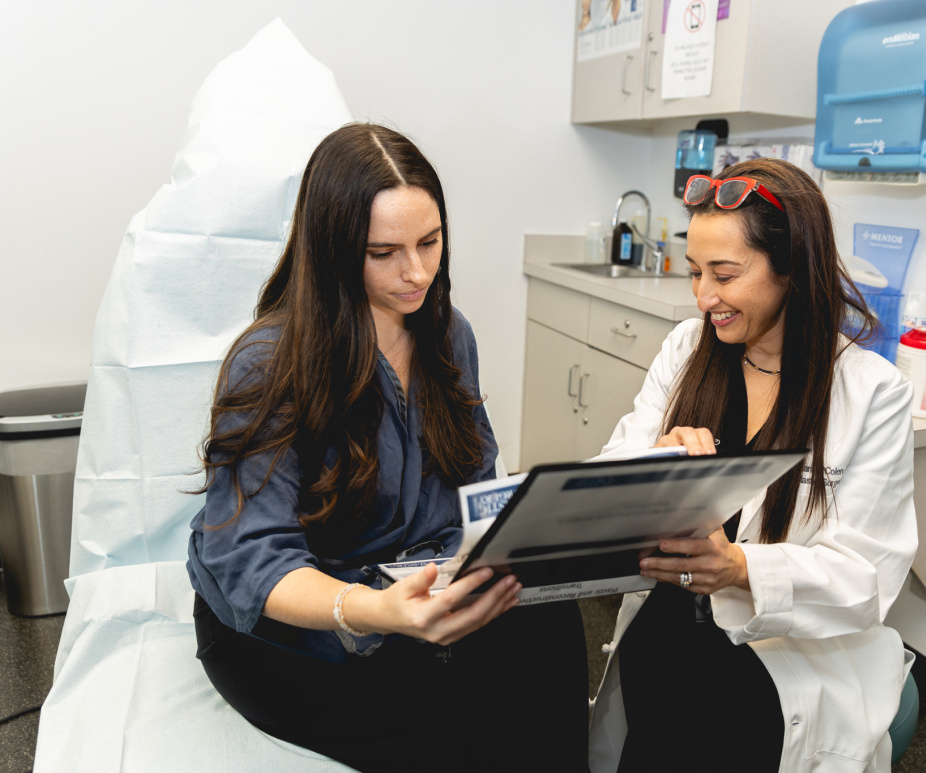
Schedule an Appointment
Preparing for breast surgery can be an emotionally taxing experience. The compassionate team at Breast Center of New Jersey, a division of The Institute, is here to support, guide, and comfort you each step of the way with care and expertise. We encourage you to schedule a consultation at our specialized center to discuss your treatment options.

%201.svg)
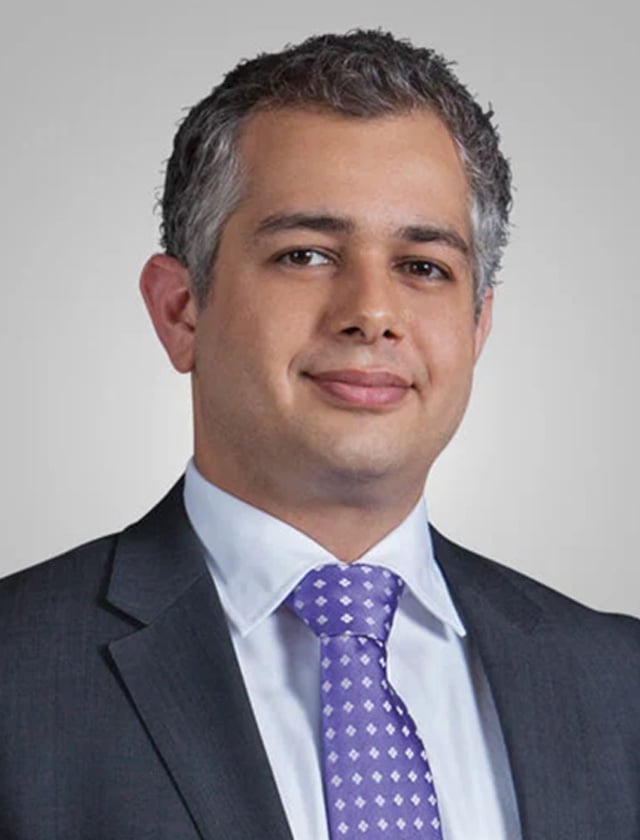






-min.png)
.webp)
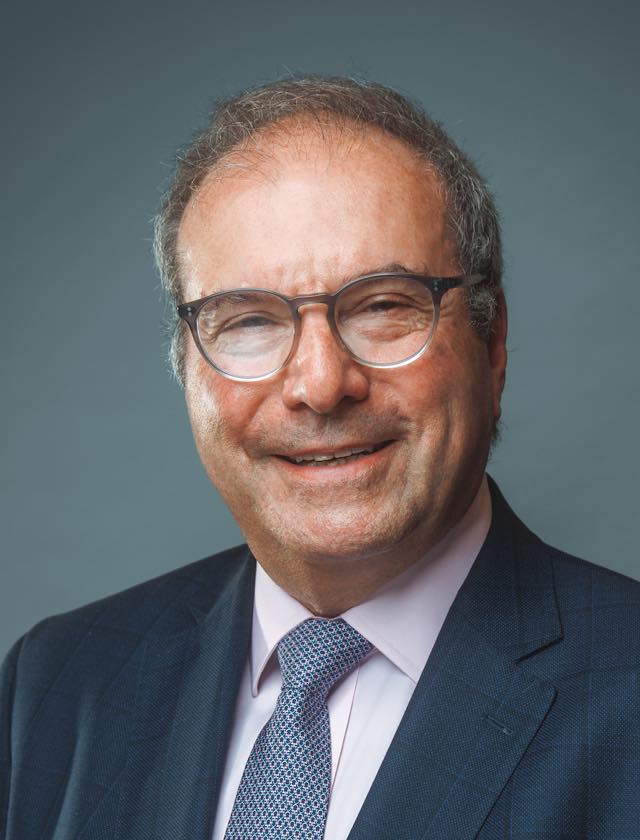
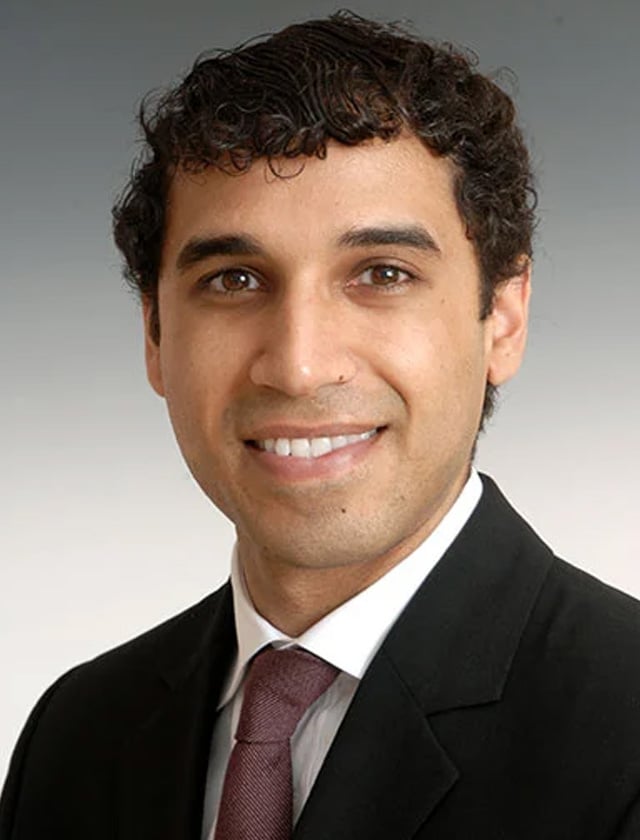



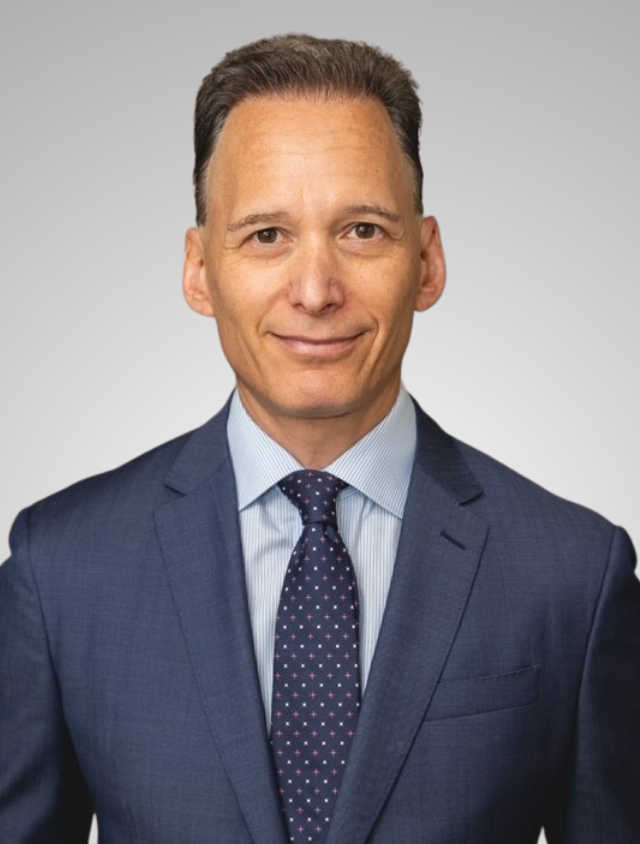
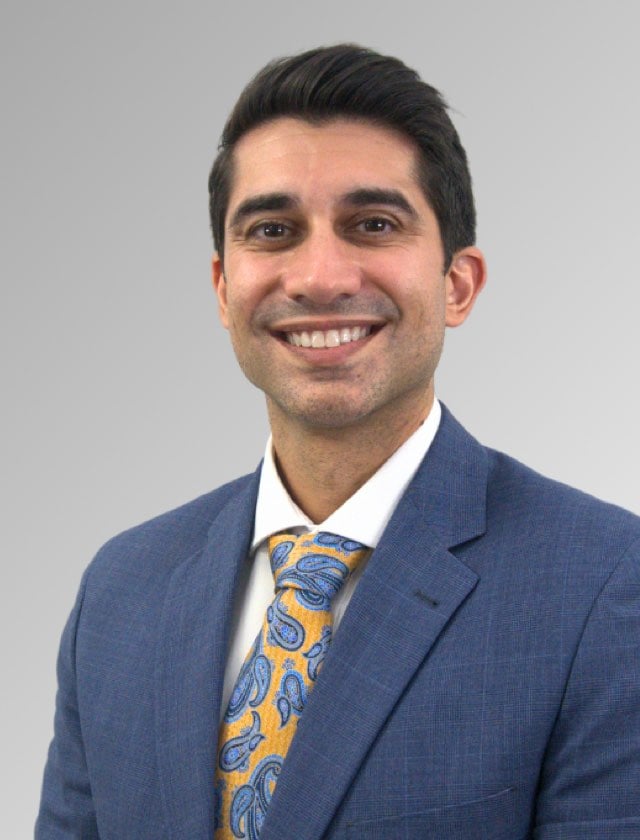
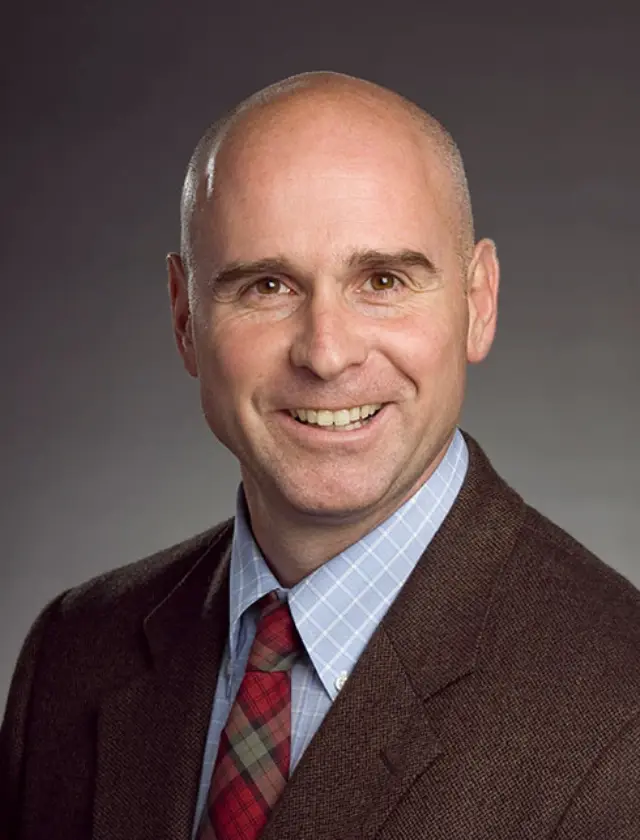
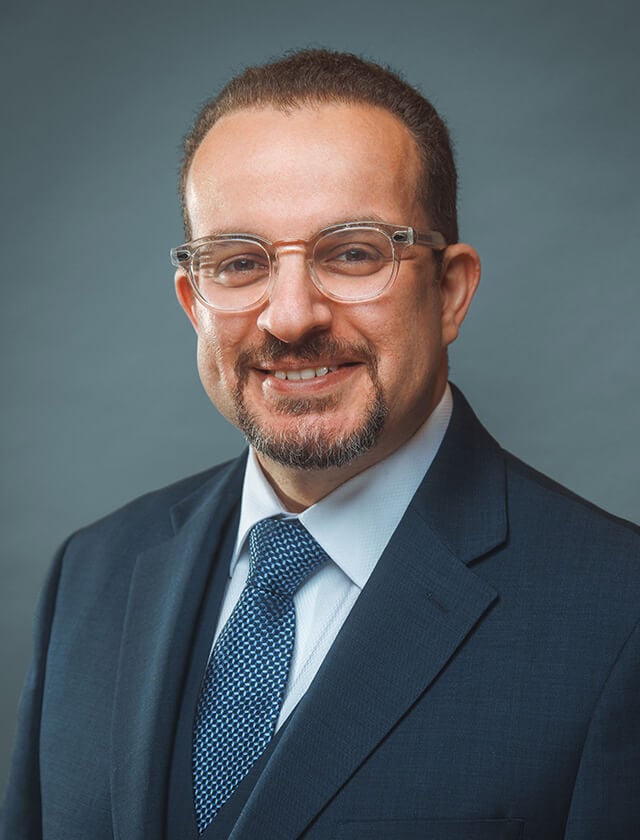
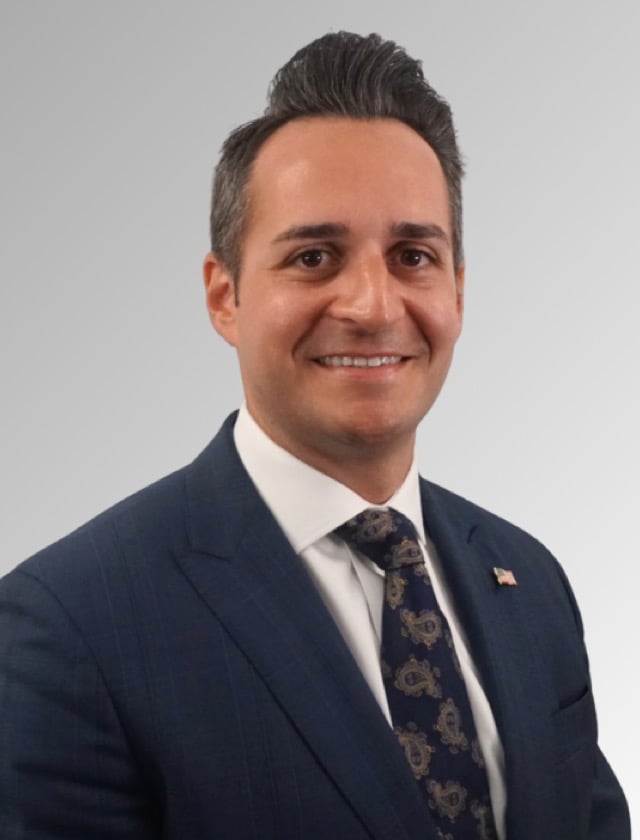
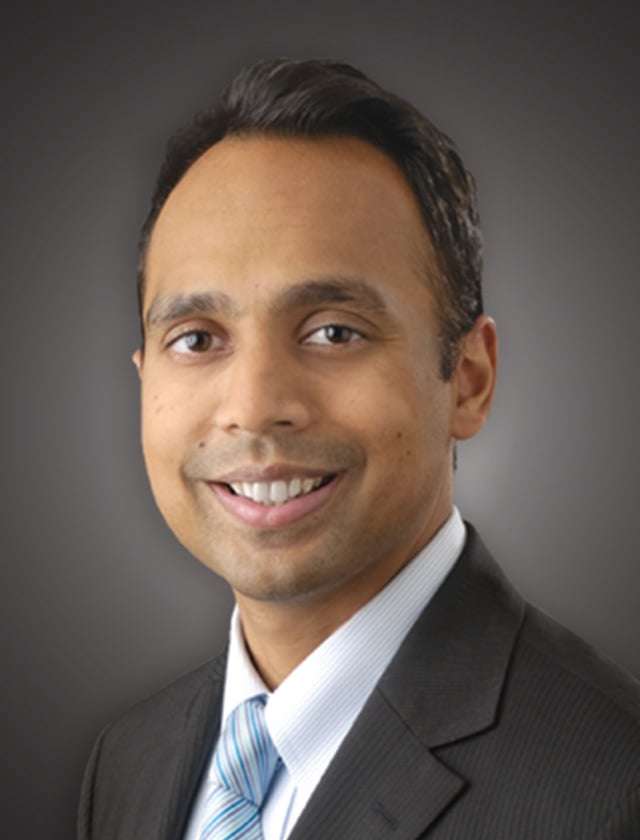








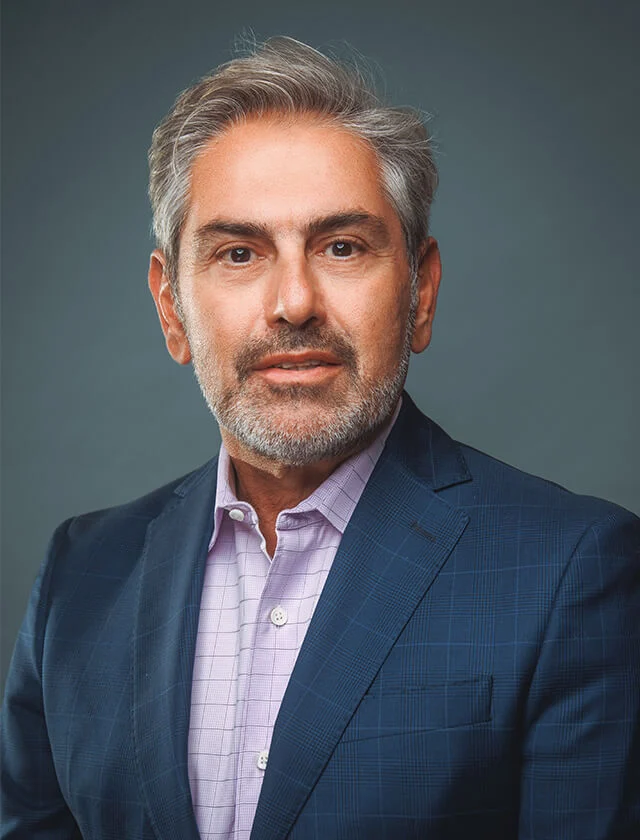

-1.jpeg)
